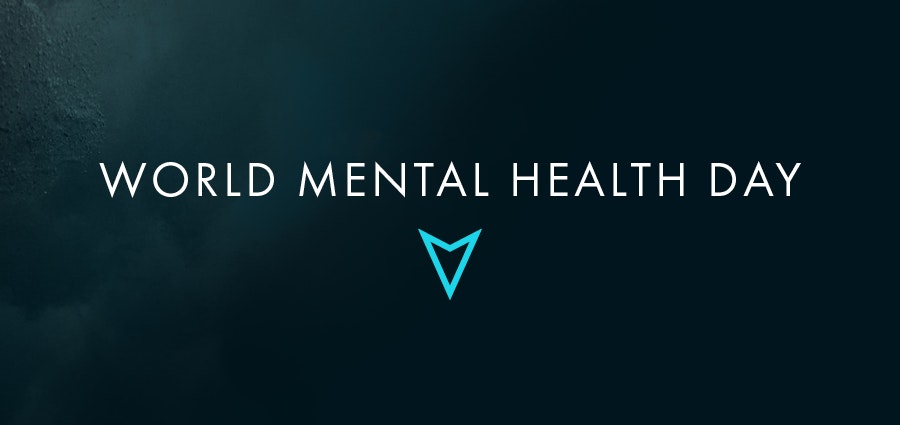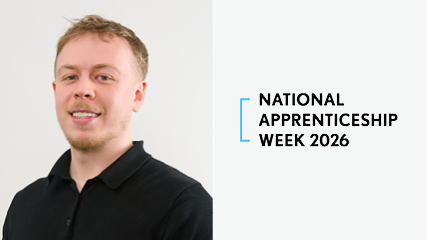3 Quick Tips To Making More Time for Your Mental Health

One of the first building blocks of the working week is how we will spend our time. However, shockingly little attention is paid to actually designing our schedules. Our diaries seem to automatically fill with appointments and meetings. Before we know it, another week has passed.
Think about your average week. When are you most productive? Do you lose time responding to notifications you know could wait? Are you being crushed by the demands of your calendar? One of the key aspects of maintaining good mental health is managing stress. It is essential to take time to plan your schedule thoughtfully to help alleviate stress.
The theme for World Mental Health Day 2023 is mental health is a universal human right. At Aventum, we take mental health seriously. We have Mental Health First Aiders available for all employees, or someone an employee is concerned about, experiencing poor mental health or emotional stress.
This World Mental Health Day, let’s focus on well-being and productivity and let’s start by looking at how to reclaim those lost hours.
Self Audit
Take a snapshot of your life. Look at your calendar for the next few weeks and reflect on the findings. Think about how you spend your time, the structure of your days and how much time you dedicate to each project or activity. Are you factoring in breaks? (Spoiler: you should). When are you most productive? Acknowledging these aspects can help you to identify areas that may require improvement to maximise your use of time.
The Cost of Distractions
We often lose valuable time responding to notifications that could wait. Create ‘deep work zones’ in your schedule to maximise productivity. Consider turning off email notifications and muting your Teams, Slack and other internal communication channels while you focus on essential tasks. Try dedicating blocks of time to check and respond to your notifications at regular intervals during the day.
Test, Tweak, Repeat
Instead of attempting to redesign your whole month, start by planning one day each week and see how it works. It will be an adjustment and may require modifications, but that’s OK. Making a handful of changes will allow you to gradually see, understand and feel what works and what doesn’t. This incremental approach can help you to establish healthy time boundaries.
Remember, your time is precious. It is important to use it wisely. Thinking about time this way will help you get the most out of each minute. Every time-journey starts with a single second and they’re too precious to let them slide away.
What is next week looking like for you?
Latest articles
We never stand still, and are constantly looking for new ways to grow and improve how we do business. Read the latest about what we are doing here.
Discover more-

11.02.2026
National Apprenticeship Week 2026: Alfie Merrison - Finding His Feet
Before we talk about where Alfie Merrison started, let us take a moment to look at where he is now.
Read more -

06.02.2026
National Apprenticeship Week 2026: A Leadership Turning Point
When people think about apprenticeships, they often picture early careers. But for Jeff Uden, Global Head of Performance and Attraction at Aventum Group, completing an apprenticeship later in his career became something much more significant, reshaping how he leads, listens and builds culture.
Read more -

28.01.2026
Aventum Group Brand Rokstone Celebrated as One of the Best Places to Work in the UAE
For many, a workplace is just a place to clock in and out. At Rokstone, it’s different. From day one, people are trusted, challenged and given the space to make a real impact - and that ethos has been recognised.
Read more

